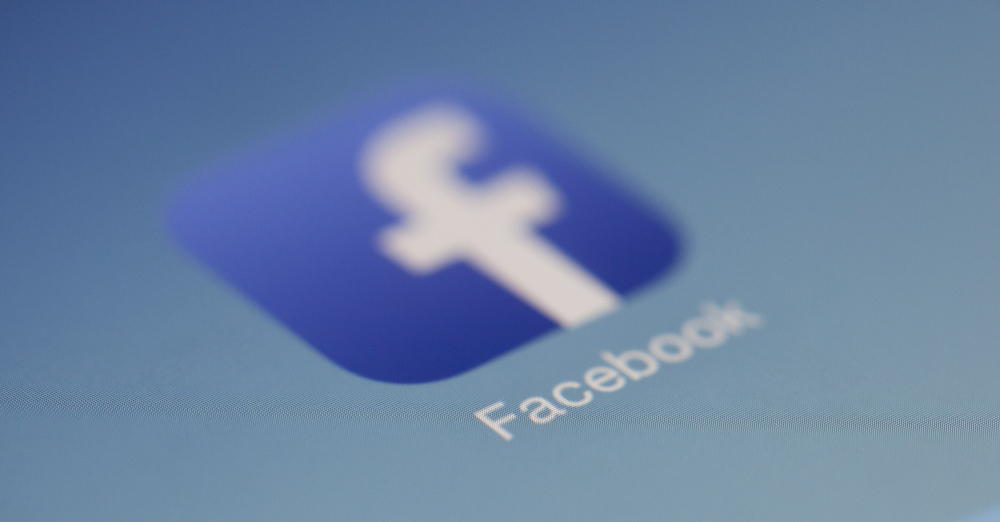The positives and negatives of mass data collection on Facebook

The 21st century has resulted in a huge number of truly astonishing developments, there is no arguing with that, however by far the most impactful has surely got to be the emergence of social media. Just think about it: platforms like Facebook and Twitter are responsible for so many parts of how we live, but they have only been around for a decade or so!
Over at Winzum we cannot say that we aren’t fans of platforms like Facebook, after all, they do help connect people on a scale that was impossible before. But here’s the thing: over the last several years mass data collection on Facebook in particular has turned into a bona fide industry, and it’s not always for the best.
You may not think it, but your personal user information is much more valuable than you might think. Keep reading for a look at the positives and negatives of mass data collection on Facebook.
The dangers of 21st century data farming
The dangers of 21st century data farming is a topic we take very seriously here at Winzum, mainly because it is something that we have made it our mission to stand against. Things like Facebook competitions are all the rage these days, however in many cases these are designed purely to steal your personal data.
How many times have you seen a suspect British Airways free holiday giveaway on Facebook, for example? In most cases these are completely fraudulent, and only exist in order for nasty people to get their hands on your user data and habits. There is more on this topic here [data farming: the dark underbelly of FB competitions] if you want a better look.
Facebook mass data collection makes it easier for creators to reach their target audience
Sure, it’s never nice to know that people are able to take and use your personal data on platforms like Facebook, however it’s also important to remember that it isn’t all bad. One great thing about the abundance of personal data and habits these days is that it makes it easier for people to know our own specific interests.
This consequentially means that independent creators and companies may find it a lot easier to reach their target audience, as in many cases Facebook funnels its users through to videos and posts that it knows will interest them.
Facebook data is hugely valuable, and nasty companies can take advantage
As we said before, Facebook data is hugely valuable these days, which of course means that there are a load of nasty companies just waiting to take advantage. This results in things like fake Facebook competitions, for example, and it also has some very real world affects too.
For example, ever heard of Cambridge Analytica? This social media analytics company sold off a huge amount of personal data profiles to various political parties, helping them target easily persuaded users with fake news and propaganda. We explored this in more detail here [how Cambridge Analytica used mass data farming to influence Brexit].
Data collection has revolutionised Facebook advertising
Whether you like it or hate it, Facebook advertising is a crucial part of many businesses nowadays, and although the social media platform is cheekily steering its algorithms evermore in favour of paid content, they do help us get the most out of it.
Facebook collects a huge amount of data about its users’ different habits, which companies can then use to make targeted adverts, therefore getting the most bang for their buck.